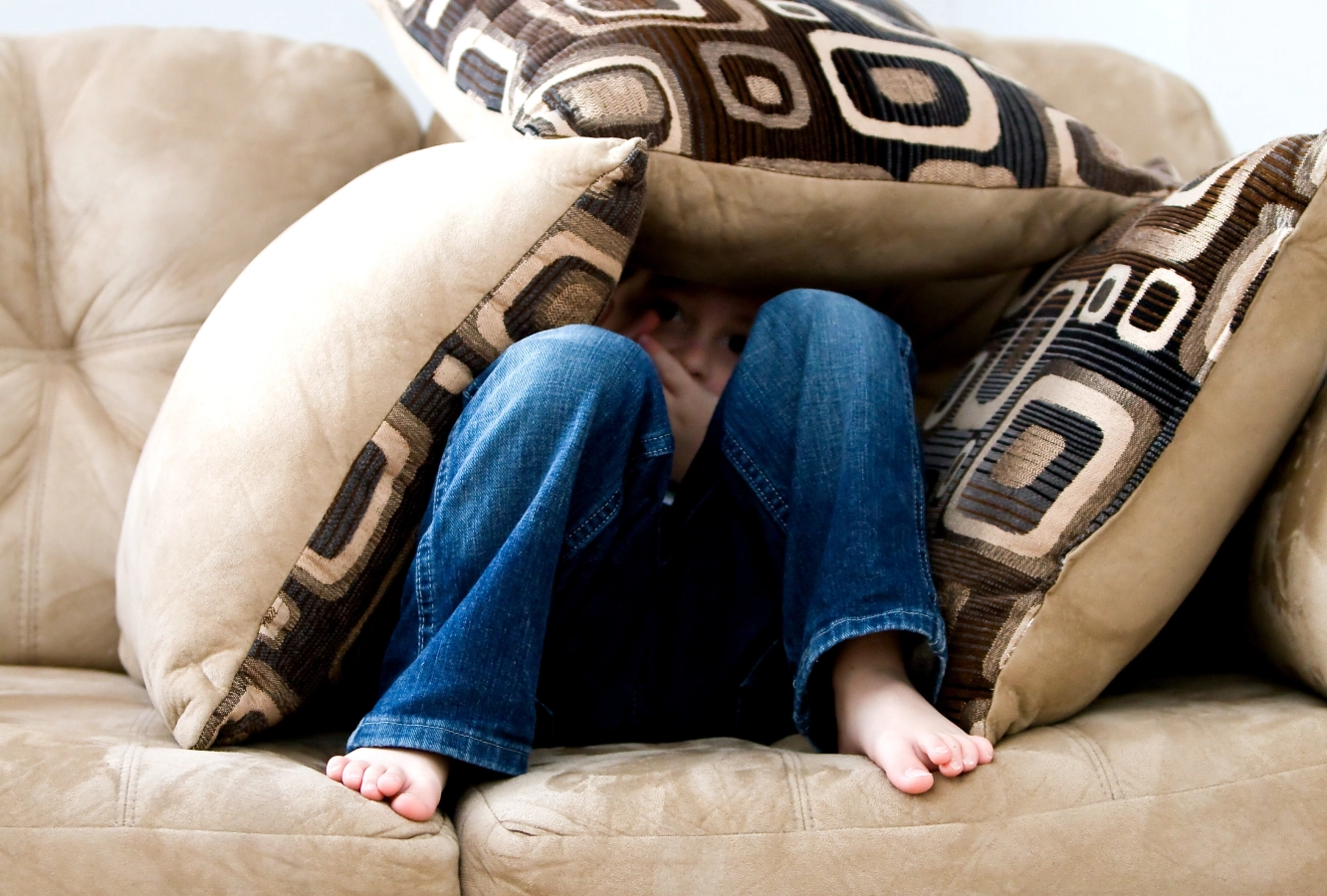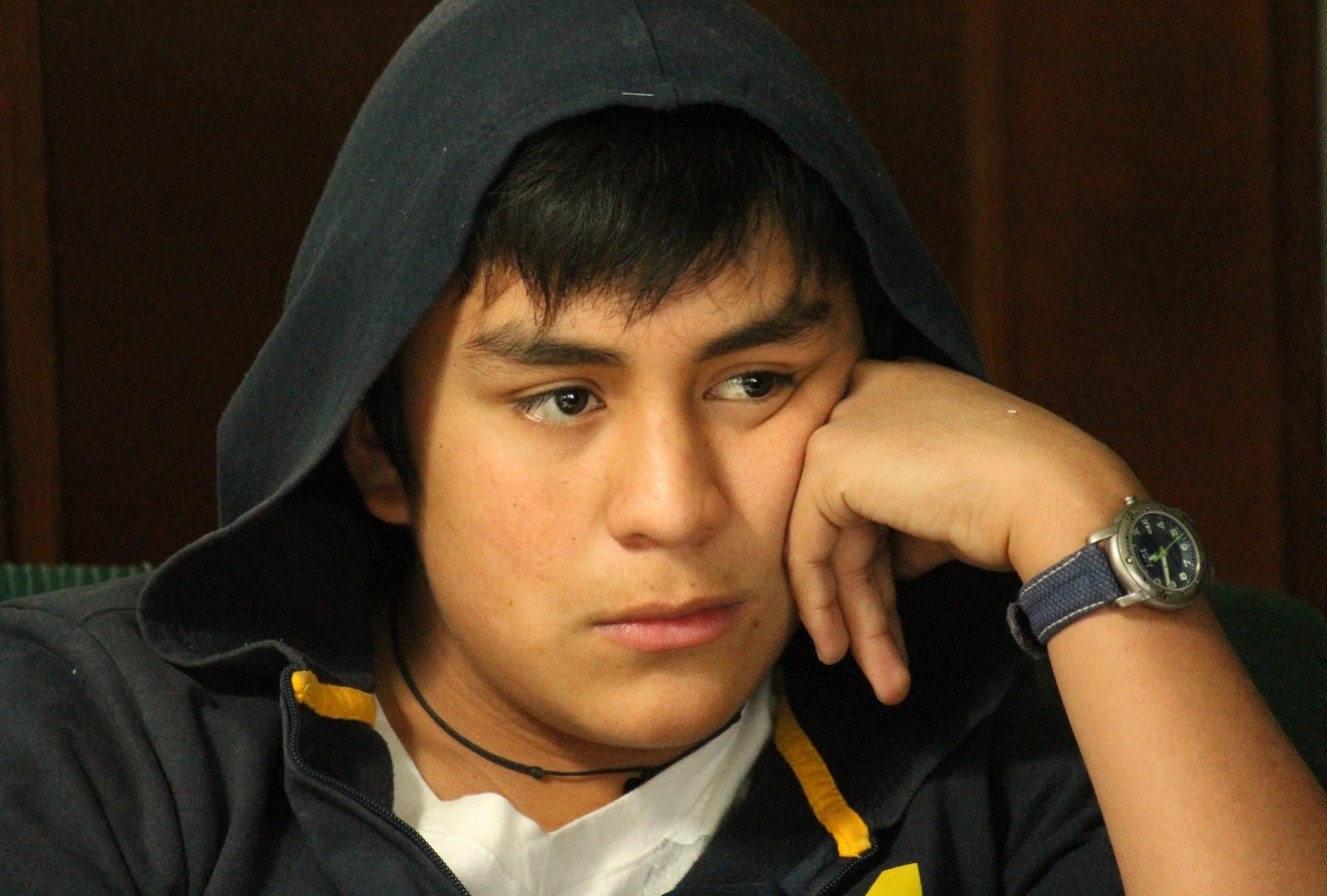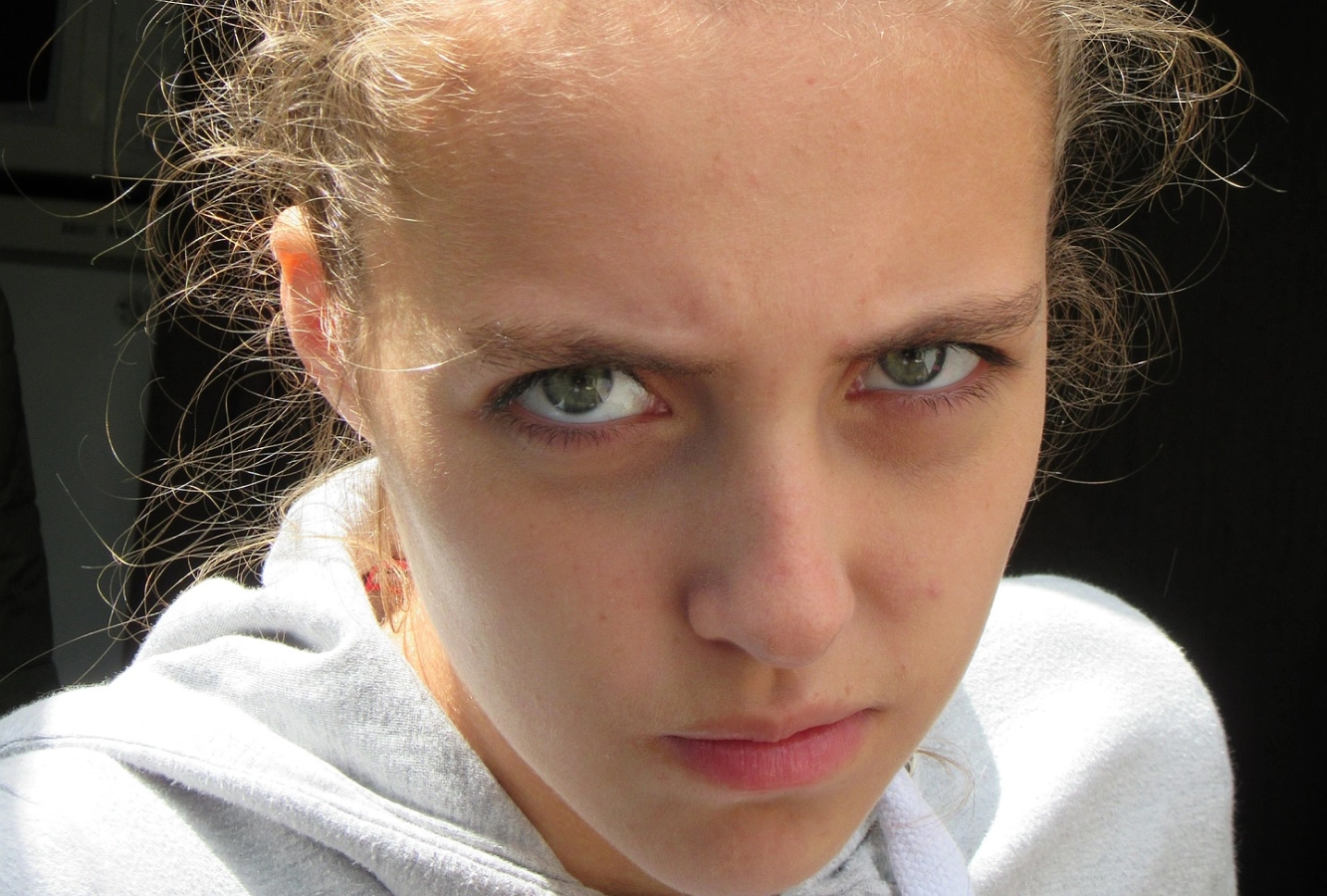Victimisation vs Victimhood
When things don’t go according to plan how a person responds reflects their state of mind.
How often have you heard children say: “it’s not my fault” or blame others for what’s happened? No-one likes getting things wrong or being told they’re not good enough at something, or not being successful first time. But this is when we learn the most. It’s not failure, it’s an opportunity to grow.
Far too frequently I see people adopting a victimhood mindset by lashing out to blame others when they are hurt, or embarrassed. Making excuses for when something went wrong simply because they reacted to the situation rather than responded, just to make themselves feel better.
Victimhood is very different to being victimised.

It is likely that throughout life at some point we will all be victimised, singled out and given unfair treatment, by another person, or an organisation.
Over the years I’ve been faced with many challenging times, which on occasions have really turned my world upside down. I’ve learned the best way to overcome them is by pulling my sleeves up and tackling the problem face on.
I could have adopted a victimhood attitude and allowed the situation to consume me.
I could have blamed others for the part they played.
I could have made excuses for the events and denied what was happening.
I could have given up and been resentful.

But what good would have come from these? Absolutely none. However, the detrimental effect could have been huge. Not only could it have affected my overall wellbeing, but it could also have affected my attitude towards others, my ability to try new things and most importantly the message I was teaching my children.
Children copy behaviours, good and bad. Everything a child sees has an influence on them. As parents, guardians, role models and champions of children we must embrace the responsibility of the role and give children every chance of success in life. I want to be able to look at my children as they progress through their teens into adulthood and know that I have done all I could to develop their resilience, be accountable for their actions and take personal responsibility.
If your child is prone to blaming others for their actions or making excuses for why they’ve not been able to do things, help them break the cycle with these simple steps.
- Acknowledge and address what’s happened.
- Don’t make them out to be the victim.
- Encourage them to take personal responsibility.
- Tell them when they are displaying the wrong behaviours.
- Remind them to be thankful, as there is always someone worse off than them.
- Move on. Don’t hold a grudge towards others. Let it go. Being resentful will keep the negativity in.

Own what’s happened and use it to your advantage.
14th August 2022
